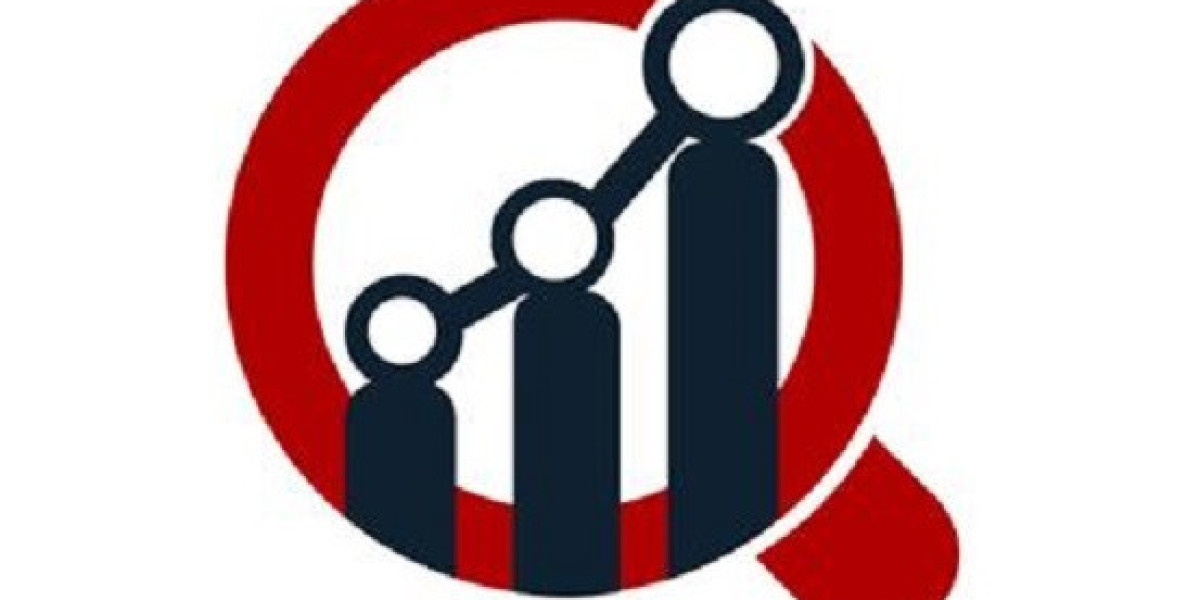The proliferation of smartphones and tablets has ushered in a new era of healthcare delivery and management, known as mobile health (mHealth). This field leverages mobile technologies to provide healthcare services, information, and support directly to individuals through their personal devices. From fitness trackers and wellness apps to platforms for remote patient monitoring and virtual consultations, mHealth is transforming how individuals engage with their health and how healthcare providers deliver care.
The Expanding Landscape of Mobile Health Applications
Mobile health encompasses a wide range of applications and technologies, all centered around the use of mobile devices to improve health outcomes and healthcare delivery:
- Wellness and Fitness Apps: These apps help individuals track physical activity, diet, sleep, and other health-related behaviors, often providing motivation and personalized feedback.
- Chronic Disease Management Apps: These apps support individuals with chronic conditions like diabetes, hypertension, and asthma by providing tools for tracking symptoms, managing medications, and connecting with healthcare providers.
- Medication Adherence Apps: These apps offer reminders and tracking tools to help patients adhere to their medication schedules.
- Remote Patient Monitoring (RPM) Apps and Devices: These tools allow healthcare providers to remotely monitor patients' vital signs and health data, enabling early detection of problems and proactive intervention.
- Telehealth and Virtual Consultation Apps: These platforms facilitate virtual consultations between patients and healthcare providers via video calls or secure messaging.
- Mental Health and Well-being Apps: These apps offer tools and resources for managing stress, anxiety, depression, and other mental health concerns.
- Medical Information and Education Apps: These apps provide access to reliable health information, disease explanations, and treatment options.
- Diagnostic and Screening Apps: Some mobile apps are being developed to assist with preliminary health assessments or screenings.
Drivers Fueling the Growth of Mobile Health
Several factors are contributing to the rapid growth and adoption of mHealth globally:
- High Penetration of Mobile Devices: The widespread ownership of smartphones and tablets provides a readily accessible platform for delivering health-related services and information.
- Increasing Connectivity and Data Speeds: Reliable internet access and faster data speeds enable seamless use of mHealth apps and remote monitoring technologies.
- Growing Consumer Engagement in Health and Wellness: Individuals are increasingly proactive in managing their health and seeking convenient tools to support their wellness goals.
- Aging Population and Increasing Prevalence of Chronic Diseases: mHealth solutions can play a crucial role in managing the health of aging populations and individuals with chronic conditions, enabling remote monitoring and personalized support.
- Need for Improved Healthcare Access and Efficiency: mHealth can help overcome geographical barriers to healthcare access and improve the efficiency of healthcare delivery.
- Advancements in Sensor Technology and Wearable Devices: Wearable devices that track physiological data can seamlessly integrate with mHealth apps, providing valuable insights into individuals' health status.
- Support from Healthcare Providers and Payers: Healthcare organizations and insurance providers are increasingly recognizing the potential of mHealth to improve patient outcomes and reduce costs.
Benefits of Integrating Mobile Health into Healthcare
The integration of mHealth into the healthcare ecosystem offers numerous potential benefits:
- Improved Patient Engagement and Adherence: Mobile apps can provide personalized support and reminders, empowering patients to take a more active role in managing their health.
- Enhanced Access to Care: mHealth can extend the reach of healthcare services to underserved populations and those in remote areas.
- Convenient and Timely Support: Patients can access health information, track their progress, and communicate with healthcare providers at their convenience.
- Remote Monitoring and Early Intervention: RPM tools can enable early detection of health issues, allowing for timely interventions and potentially preventing hospitalizations.
- Personalized Healthcare: mHealth apps can collect and analyze data to provide tailored recommendations and support.
- Cost Savings: Remote monitoring and virtual consultations can potentially reduce the need for in-person visits and lower healthcare costs.
- Improved Data Collection and Research: Data collected through mHealth apps and devices can provide valuable insights for research and population health management.
Considerations and Challenges in the Mobile Health Landscape
While the potential of mHealth is significant, there are also important considerations and challenges to address:
- Data Privacy and Security: Protecting the sensitive health information collected by mHealth apps and devices is paramount.
- Accuracy and Reliability of Information: Ensuring the accuracy and reliability of health information provided through mHealth apps is crucial.
- Interoperability and Integration: Seamless integration of mHealth data with electronic health records (EHRs) is essential for continuity of care.
- Regulation and Quality Assurance: Clear regulatory frameworks and quality assurance standards are needed for mHealth apps and devices.
- Digital Literacy and Access: Addressing disparities in digital literacy and access to mobile technology is important to ensure equitable access to mHealth benefits.
- Patient Safety and Misinformation: Ensuring patient safety and preventing the spread of misinformation through mHealth platforms are critical.
- Reimbursement Models: Clear reimbursement models for mHealth services are needed to incentivize their adoption by healthcare providers.
The Future of Healthcare: Increasingly Mobile and Connected
Mobile health is poised to play an increasingly significant role in the future of healthcare, creating a more mobile, connected, and patient-centric system. As technology continues to advance and the evidence base for mHealth interventions grows, we can expect to see even more innovative and integrated mobile solutions that empower individuals to manage their health and enable healthcare providers to deliver more efficient and effective care.
A Global Movement Towards Mobile-Enabled Healthcare
While the initial keyword focused on a specific market, the trend towards leveraging mobile technologies for health is a global movement. Countries around the world are exploring and implementing mHealth solutions to improve healthcare access, enhance patient engagement, and address the growing challenges of healthcare delivery in the digital age. The specific focus areas and adoption rates may vary, but the underlying recognition of the transformative potential of mobile technology in healthcare is a shared global perspective.






